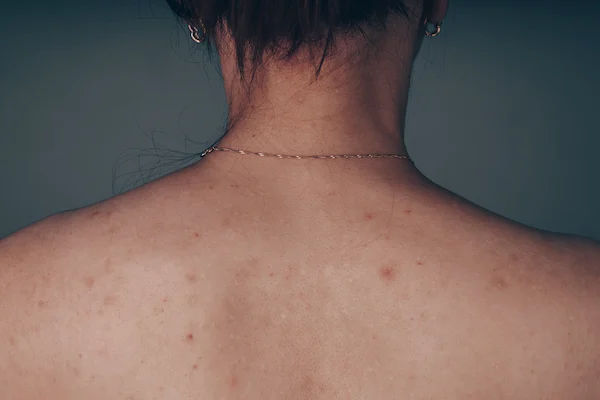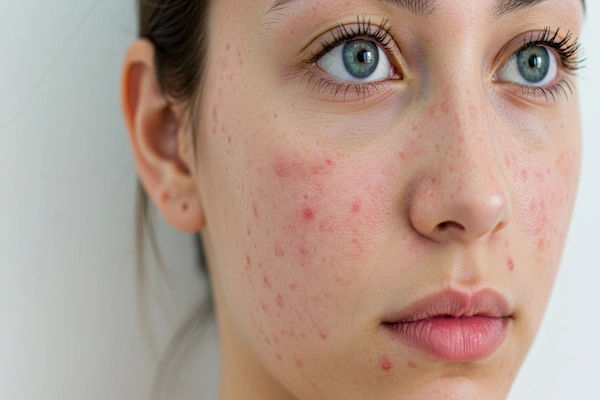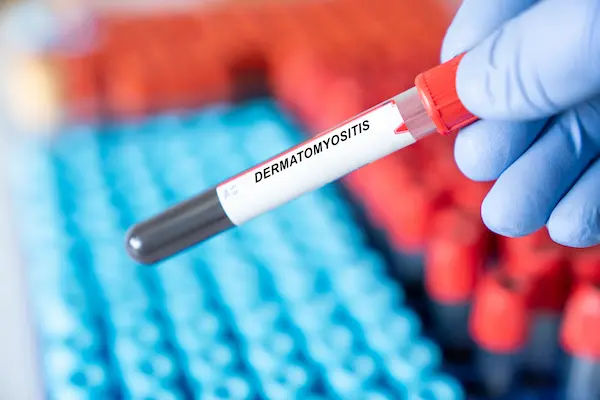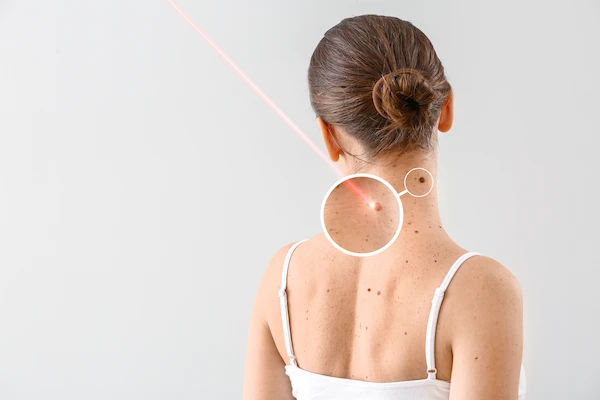- male
- 45 Years
- 22/01/2025
I've been dealing with psoriasis for almost 15 years now and have tried numerous medications, but I haven't had any luck in clearing it up. I'm really wondering if there's any proper and permanent treatment out there for this condition. Could you share any insights or advice?
Answered by 1 Apollo Doctors
while there's no definitive "cure" for psoriasis, various treatments can help manage and control symptoms; consider consulting a dermatologist about advanced therapies like biologics (e.g., etanercept, adalimumab), apremilast, or JAK inhibitors, which have shown significant efficacy in achieving and maintaining clearance, especially for moderate-to-severe cases
Dr. Dr Khaleel Suggests...
Consult a Dermatologist
Answered 04/07/2025
0
0

More Dermatology Health Queries
View allI'm taking griseofulvin because my doctor prescribed it for a problem, but I forgot to mention that I'm already on tryptomer. Is it okay to take tryptomer and griseofulvin on the same day, like maybe griseofulvin in the morning and tryptomer before bed? I'm a bit concerned about any interactions or issues that could arise from taking them together.
Visit your Physician for appropriate management
Answered by 1 Apollo Doctors
I'm really worried about my lips being super dry and chapped lately. I've been using lip balm twice a day, but it doesn't seem to help. Could it be because we leave the fan on high speed all night? Any ideas on what might be causing this?
Kozicare cream is advised.Side-effects include itching and hypersensitivity reactions
Answered by 1 Apollo Doctors
Can using baby shampoo like Johnson & Johnson actually lead to more hair fall for adults? I've been using it and noticed my hair shedding a lot more than usual. Is it possible that baby shampoo isn't good for adult hair, or is there something else causing this? Would love some insights on whether I should switch shampoos or if there's another underlying reason for the hair fall.
Baby shampoo is generally mild and gentle, but it may not provide enough nourishment for adult hair. In some cases, using baby shampoo can lead to increased hair fall in adults. I recommend switching to a shampoo specifically designed for adult hair, such as **Pantene Pro-V** or **Head & Shoulders**, and make sure to use a conditioner as well. Additionally, consider using a hair serum or oil to help strengthen your hair and reduce hair fall.
Answered by 1 Apollo Doctors
Disclaimer: Answers on Apollo 247 are not intended to replace your doctor advice. Always seek help of a professional doctor in case of an medical emergency or ailment.





